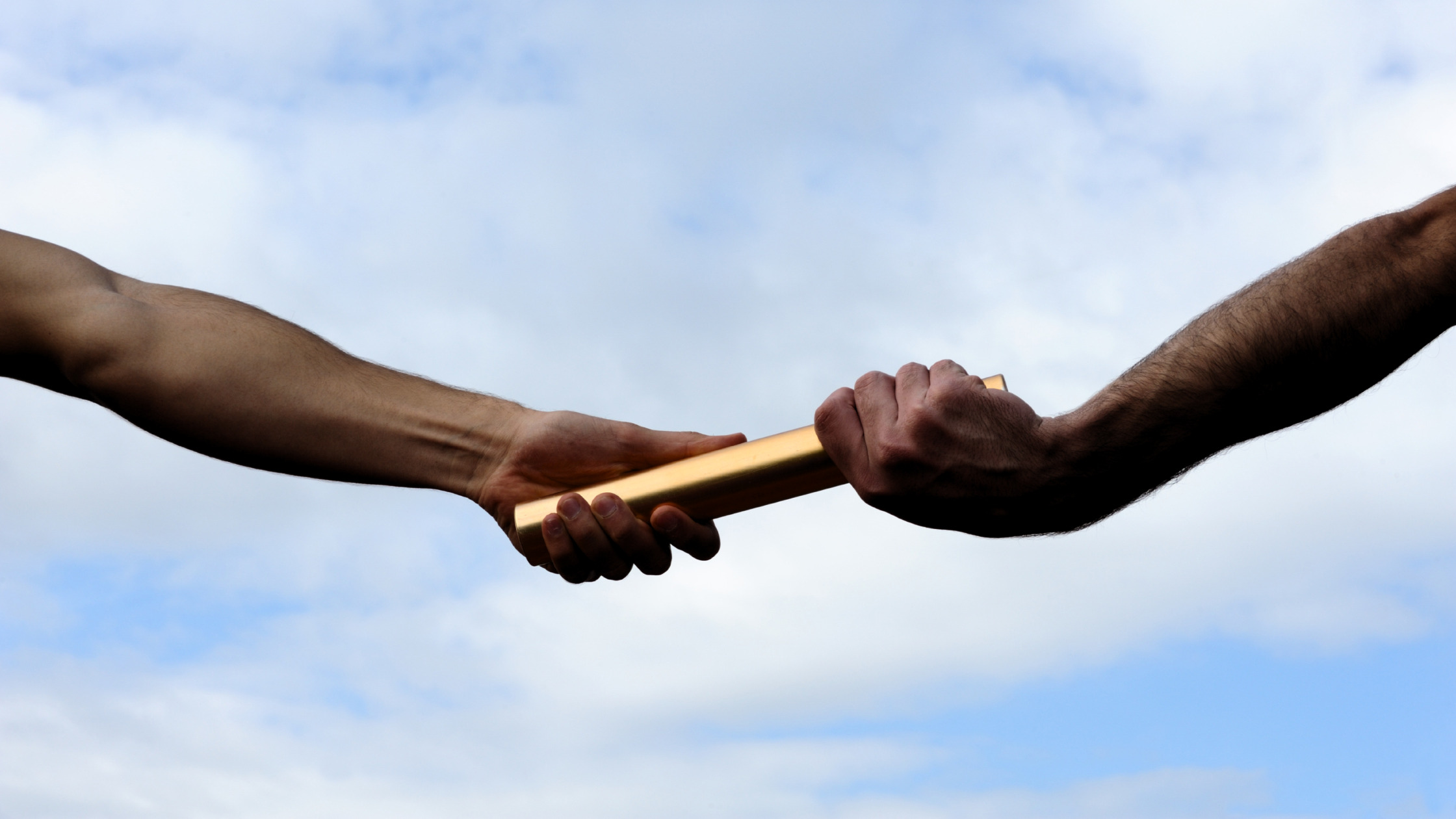Invaluable Lessons For Edmonton’s Business Community From Canada’s “Underdog” Relay Team That Won Olympic Gold
August 15, 2024

Canada’s Olympic gold medal run in the men’s 4 x 100-metres relay wasn’t just a magnificent victory for the athletes and a thrilling moment for an entire country.
It was a wonderful life lesson for all of us, especially for business owners.
That thought crossed my mind as Canada’s anchor runner Andre De Grasse triumphantly crossed the finish line.
Here was a team of “underdogs” that had the slowest qualifying time for the final and did not have even one member fast enough for the individual 100-metre final.
On paper they didn’t stand a chance against power houses like the American team that had the fastest qualifying time.
As Dan Barnes wrote of Team Canada in the National Post, “They are fast men, just not the fastest on the planet.”
And yet they won.
How?
“The Canadians may not have the fastest individual sprinters but they’re a well-oiled quartet,” said CBC commentator Mark Lee in an astute observation moments before the race started. “They spend quality time in practice, their egos are checked at the door.”
They are four individuals who trained as a team and who won as a team.
As Barnes went on to say, “They took the strands of their lousy individual performances and twisted them into a rope, pulled on it together, and brought home gold.”
It is the “gestalt principle” put into real-world practice where the whole is greater than the sum of its parts.
That is a lesson worth learning for everyone, not just for those of us into sports. It is particularly true for business owners.
Members of our business community should see themselves as part of an interconnected team that supports the success of the whole.
We should do more to promote each other, including our competition.
I know that sounds counterintuitive, but it's exactly why malls have existed. It is why furniture stores and clothing stores tend to be located together. Just look at the Edmonton Gallery Walk on 124 Street, for example.
Businesses that mutually support each other attract more clients, more sales and become more successful together.
If someone is in your restaurant for lunch, recommend a place for dinner. If they’re in your store for clothes, recommend other stores.
That is the gestalt principle in action, too.
The same holds true for the Edmonton region where our municipalities need to better understand they undermine their own success by operating in isolation. We instead need organizational structures to help our region work together to compete against other regions. We need to attract business, entrepreneurs, industry, and new citizens from across North America and around the world to make our entire region more prosperous, successful and strong.
Conversely, we must be careful when criticizing each other. Constructive criticism is valuable and helpful. When poor choices are made they ought to be called out. But we should avoid falling into lazy mindsets where, for example, we automatically believe the city government is always wrong and does a horrible job at everything. That tarnishes the brand of the entire community.
We should emulate Canada’s relay team.
And learn a lesson from Team USA.
On paper, the Americans had the best team, having entered the final with the fastest time.
They had four impressive individual runners, one of whom had won bronze in the 100-metres final. But they were not a team. They had not done much training together and in fact the coaches replaced one of the runners at the last minute and shuffled the runners’ order.
The result was chaos.
In the words of one Olympic commentator, the team ran a “disaster” of a race where the runners botched the baton handoffs and were eventually disqualified.
Canada’s team on the other hand was pretty much perfect and a delight to watch.
It was all especially sweet when you realize our team was the best in the world, not by having the most powerful individual runners, but by having the most powerful, mutually supportive team.
